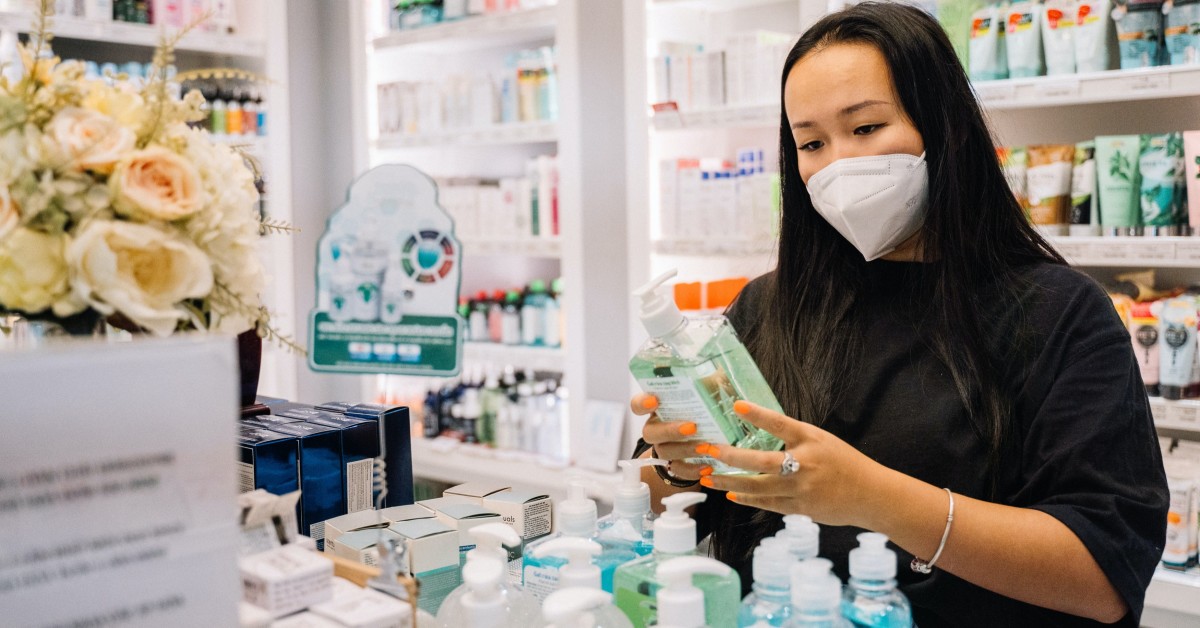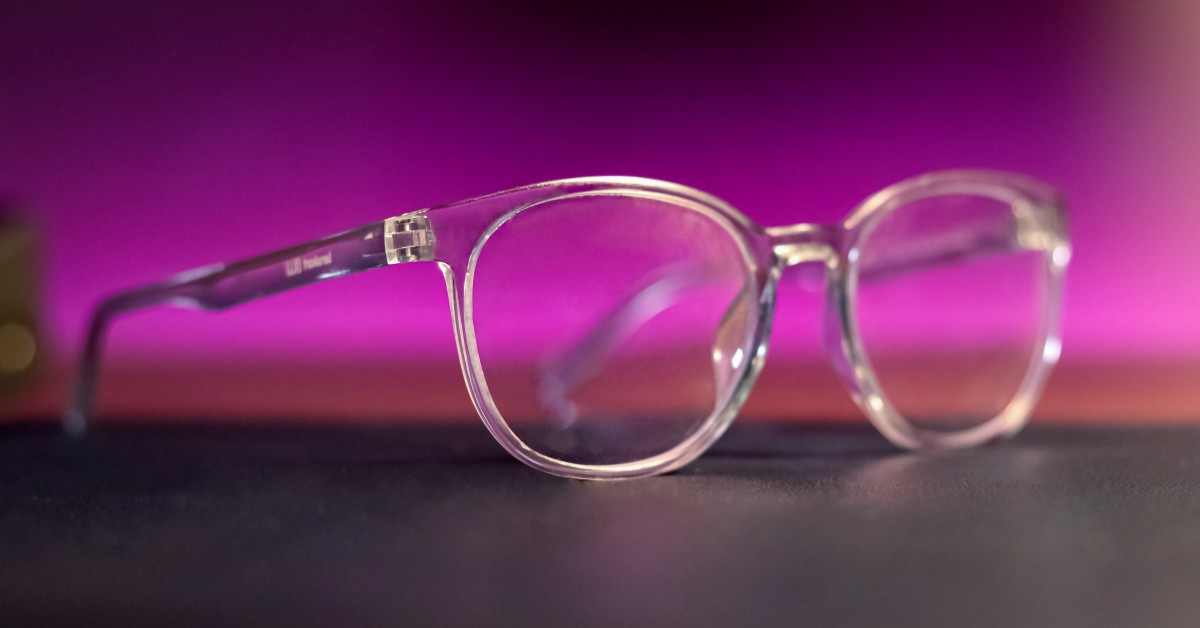
How to Become a Health Services Manager,and How Much $$$ You'll Earn Doing It.
On average, health services managers earn over $100,00 per year. [...]

Ten years ago, online graduate programs were relative novelties. Not anymore; according to the National Center for Education Statistics, online graduate degree programs enrolled over 3,000,000 students in the fall of 2019. And that was before the COVID-19 pandemic drove all learning out of live classrooms and into teleconferencing apps.
Still, some programs are harder to deliver online than others. Degree programs that require field placements (e.g., Master of Social Work degrees) or in-person rotations (e.g., Doctor of Pharmacy (PharmD) degrees) certainly pose some challenges. PharmD programs, in particular, entered the online space cautiously, developing hybrid programs that combine distance learning with in-person elements such as rotations. They’ve taken their time to make sure they don’t offer what they can’t deliver, an approach that has ultimately resulted in high-quality programs. More are emerging every year, though, and that’s a good thing, enabling students in remote locations—as well as anyone who wants to earn a PharmD without having to travel to campus several times a week—to enter this fulfilling profession.
In this article, we’ll go over the current options for earning your Doctor of Pharmacy online, as well as the following:
Pharmacists undergo intensive training before they can fill prescriptions, administer vaccinations, and provide medical advice to the local community. They must master an intensive curriculum, complete in-person practice requirements, and pass both national and state-specific exams.
Doctor of Pharmacy programs take between three and four years to complete. They typically begin after a student completes between two and four years of prerequisite courses, bringing the full time in school around six years (not including any post-graduation fellowships or residencies).
The Accreditation Council for Pharmacy Education (ACPE) evaluates each graduate school to ensure it meets educational goals for pharmacy graduates. For this reason, it’s important to choose an accredited online program; that’s the best way to ensure your course of study meets the highest academic standards and your degree is recognized industry-wide.
At the end of the program, candidates must sit for the North American Pharmacist Licensure Examination (NAPLEX), as well as either state-specific tests or the Multistate Pharmacy Jurisprudence Exam (MPJE).
A PharmD leads to a numerous pharmacy practices, from working in community pharmacies to careers in public health , government, or the pharmaceutical industry.
Online pharm programs grow more and more common every year. Students demand the flexibility and convenience online learning provides, and employers increasingly understand that online degrees hold the same value as their on-campus counterparts. As in all virtual degree programs, you should always receive the same high standard of coursework, access to a mentor health care team, and opportunities to work alongside practicing pharmacists.
Today’s top online PharmD programs manage this in a few ways. First, online learners typically complete their traditional coursework in a mixture of synchronous (i.e., live classes that convene online) and asynchronous (i.e., text, exercises, interactive apps, and videos that students can access 24/7) lessons.
However, programs must also include an in-person component to facilitate the patient-care portion of the program. Universities either require students to come to campus or help them secure an approved pharmacy rotation in their area. For example, you may spend all but one week of each semester studying remotely, and the final week taking exams and completing labs on campus. In other cases, all of your in-person clinical rotations may occur at a nearby pharmacy, hospital, or managed care facility.
Many of today’s most established online PharmD programs presented at the AACP conference listed above, though there are more and more emerging every year. Let’s look at a few established options.
Butler offers several pathways to earn a Doctor of Pharmacy, customizable in both topic and structure. Their first online program plans to launch in the fall of 2022; it has already received ACPE accreditation. Students can complete the four-year program remotely, except for three immersions on the Indianapolis campus. Prospective students must hold a bachelor’s degree to be admitted to this program.
The distance learning pathway in Creighton’s school of pharmacy goes all the way back to 2001. The format of classes and in-person labs works similarly to the other options on this list. However, the hands-on labs take place for two weeks on campus during the summer sessions. The final-year rotations, on the other hand, can occur in approved locations all around the world. Creighton is also launching a hybrid format to combine distance education and an intensive lab component at their Park Central research facility.
Duquesne prides itself on having one of the first online PharmD programs in the country. During the first three years of study, immersions take place over the summer. You should note that Duquesne students complete in-person rotations full-time during their fourth year, typically around the Pittsburgh region. Duquesne offers a wide range of concentrations in areas like pediatric pharmacotherapy, pharmacy management, and acute care.
If you’re looking to stay close to home for your rotations, St. John Fisher’s Doctor of Pharmacy program offers the opportunity. The website notes that all field experience takes place in sites accessible to you in your local community. The only in-person on-campus meetings occur during immersions throughout the first three years. The school also boasts impressive stats, with 100 percent of its 2020 graduates securing employment.
PharmD programs are fast-paced and particularly rigorous; they need to be to fully prepare you for a successful career as a health professional. This demanding degree is required of all licensed pharmacists in the US. Whether you tackle the degree online or in person, here is what you should know about the experience.
The vast majority of Doctor of Pharmacy students transition right from undergrad or a pre-pharmacy program after earning credit hours from a list of prerequisite courses. However, you will also find students who enter a program from different points in their career. Some are phamacy technicians or work elsewhere in the health sciences.
From a career standpoint, the PharmD is surprisingly customizable, so you’ll find everyone from aspiring community pharmacists to those with their eye on a government research job or a position in drug development and manufacturing. Any position that requires licensure as a pharmacist requires the completion of a PharmD.
Admission requirements for a PharmD are quite similar across the board. For example, all professional programs require one of the following:
If you choose this last option, you’ll only need to apply at the start of your six years, maintain the minimum GPA, and meet curricular requirements. You also can skip the traditional Pharmacy College Admission Test (PCAT), typically required between your bachelor’s and doctorate programs.
Applicants must complete a strict list of prerequisite courses to apply for a PharmD. Topics often include calculus, biology, and statistics, but the list varies from school to school.
Admission applications also typically include letters of recommendation, transcripts with a minimum GPA, and applications for scholarships or other financial aid.
PharmD programs structure their curricula so students all receive the same educational foundation and then tailor their elective toward a specialty (more on that below).
The first year typically covers genetics, immunology, and clinical biochemistry. You also might dive into basic professional areas such as ethics, business, and regulatory topics. From here, students often begin their experiential work in tandem with classes on research, clinical studies, and advanced business classes such as leadership and management.
Programs like the one at Butler University require a minimum of seven credit hours in the third year for electives. The school’s fourth year fully transitions to the immersion rotations and a senior seminar to transition students to the professional world.
There are four ways PharmD students can customize their education: electives, rotations, dedicated concentrations, and dual degrees.
The majority of PharmD programs require students to explore specialized topics in the classroom. Pharmaceutical topics may include nuclear treatments, ambulatory and acute care, or geriatric and pediatric areas.
You’ll receive hands-on experience in the area where you’ll most likely transition after graduation, whether that be a hospital, rehabilitation center, or local pharmacy. Students often go on to complete internships and residencies at these locations.
Some universities offer a concentration track that advises their schedule at some point during the four years. Topics include a Spanish-speaking concentration, pharmacy management in rural areas, and government and regulation.
Lastly, you might pair other doctoral or master’s degrees with your PharmD for a specialized career path. Dual degrees often include public health, traditional doctoral pathways, or pharmacology.
Many PharmD students go on to paid residencies after graduation for further training. These trainees make approximately $53,000 a year, just under half of they are likely to make once promoted to professional staff.
The US Bureau of Labor Statistics (BLS) reports that licensed pharmacists earn about $129,000 a year , with 42 percent working in community pharmacies and drug stores.
However, you’ll find many pharmacy career paths open to you Clinical pharmacists are in high demand in hospitals, clinics, home healthcare, managed care centers, and private or public research facilities around the world.
Questions or feedback? Email editor@noodle.com

On average, health services managers earn over $100,00 per year. [...]

Becoming a pharmacist requires a good deal of schooling: a [...]

Pharmacy is not only a science; it's also a business. [...]

Admission to the US' 23 accredited Doctor of Optometry programs [...]

The highest paying pharmacists jobs are in-store pharmacist (average salary: [...]
Categorized as: Medicine, Nursing & Healthcare